Can’t tell your carbs from protein? What is RDA or FDA? What do you mean by a Balanced Diet? How much does a a right portion size? Learn about the basics of nutrition from our in-house nutritionist.
Get to know about nutrition 101 to make up your best diet
The best diet is one which is healthy and balanced and helps
- promote your overall health,
- prevent diet-related diseases,
- provide you with the nutrients and energy needed to keep active and
- maintain a healthy weight.
Here we break down the key elements to empower you to make the best choices for you and your family.
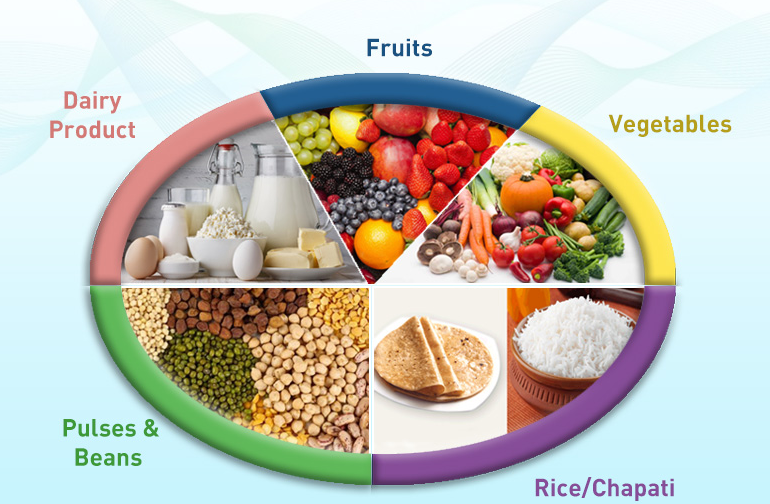
Macro and Micro Nutrients
Macronutrients aka Macros
You may have heard people talk about macros. Macros? I hear you say.
Macronutrients or macros are the key building blocks that are required in significant quantities for normal growth, development and maintenance of health like
- carbohydrates
- Proteins and
- fats
Micronutrients
Key nutrients needed in small amounts for normal growth, development and maintenance of health and comprise of
- vitamins and
- minerals
What are Carbohydrates?
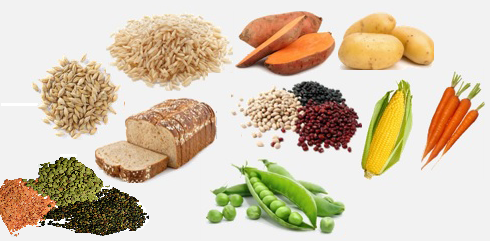
Carbohydrates are the main source of energy in the diet. There are two types of carbohydrates,
- simple (mostly made up of sugar) and
- complex (mostly made up of fiber and starch).
When digested, carbohydrates are converted into glucose (blood sugar) and used immediately by the cells, tissues and organs in the body. What cannot be used immediately is stored in the liver and muscles for use later.
What are Proteins?
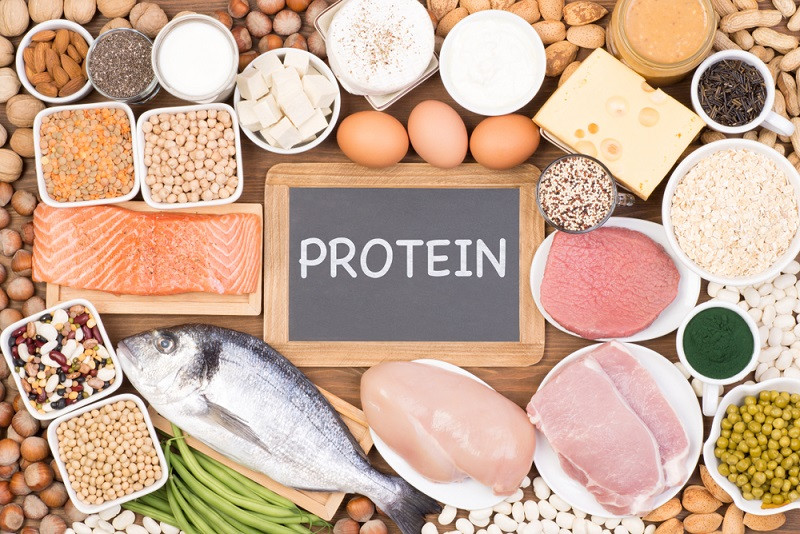
Protein helps in
- regulating food intake, body composition and weight,
- regulating blood pressure and blood glucose,
- lipid and bone metabolism and
- supporting the immune system.
Protein provides the body with around 15% of it’s dietary energy requirements and is the second most abundant compound in the body (water being the first).
What are Fats?
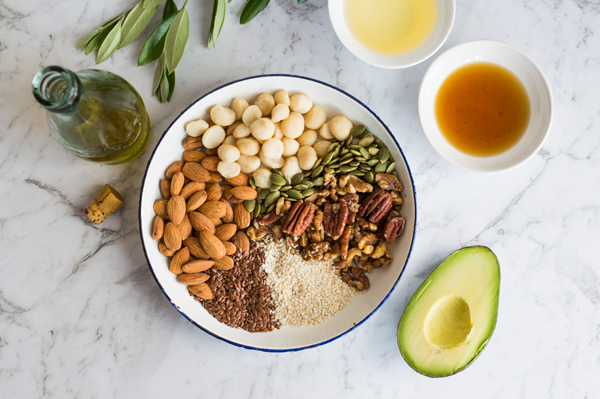
Fat is essential in the diet for energy, carrying fat soluble vitamins around the body, providing fatty acids the body cannot synthesise themselves, producing hormones and supporting cell growth.
There are 3 main types of fats:
- Saturated fat,
- unsaturated fat (including omega 3 and omega 6) and
- trans-fat
Too much fat in the diet can lead to an array of negative health impacts.
Learn more about Fats and Oils to take the guess work out of the right amount to eat.
What are Vitamins?
The body cannot synthesis most vitamins, hence they must be obtained through the diet. The vitamin requirements change throughout life. There are two main type of vitamins, water soluble and fat soluble.

What are Minerals?
Minerals are essential for normal nerve function, the enzyme system, formation of bones and teeth and are important components of body fluids and tissues. Minerals are inorganic substances that are needed in the diet at different levels depending on your age, gender and sex.
Water to support a good diet
Water is essential to your life. Being hydrated means the body can work properly. Being dehydrated can lead to difficulty concentrating, fatigue, trouble sleeping and headaches.
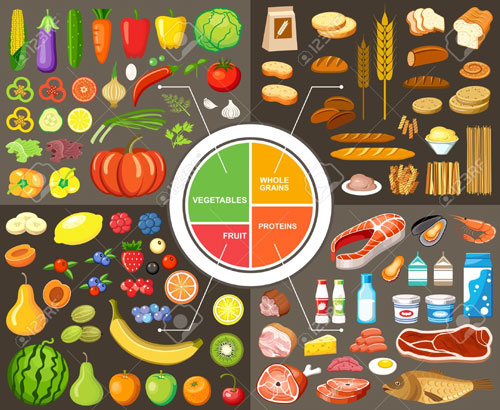
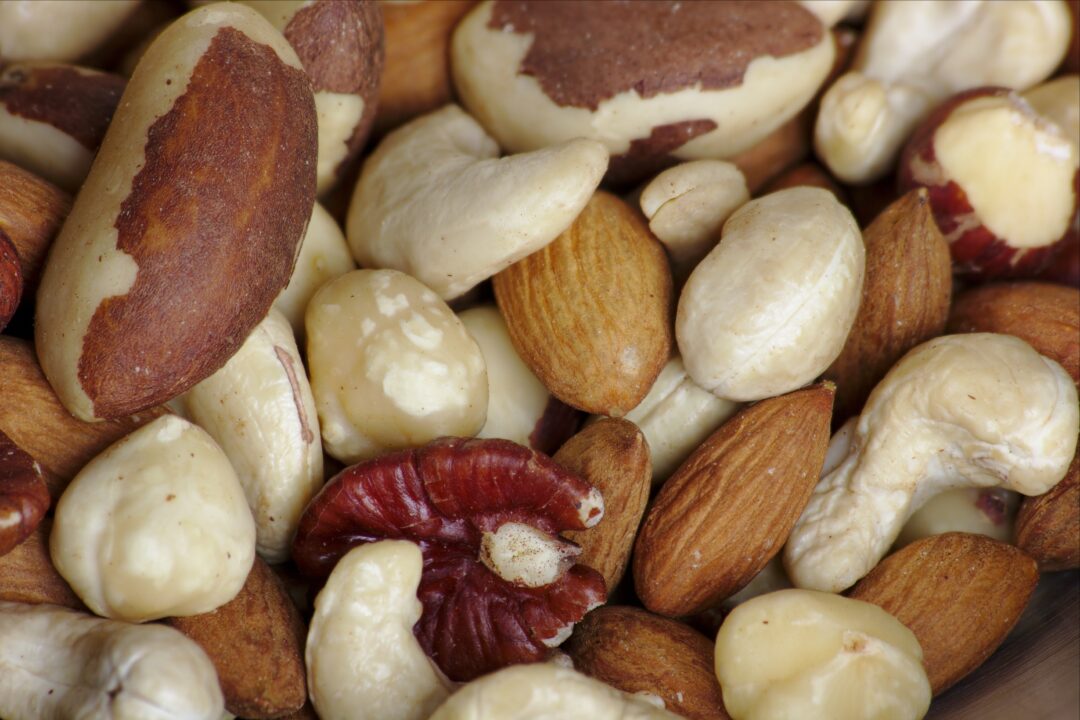

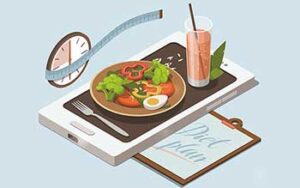
1 Comment
[…] feel sleepy after your lunch time, but don’t feel you have overeaten or consumed a meal heavy in carbohydrates, this may be down to your circadian rhythm. In fact, this is the most likely cause of feeling tired […]